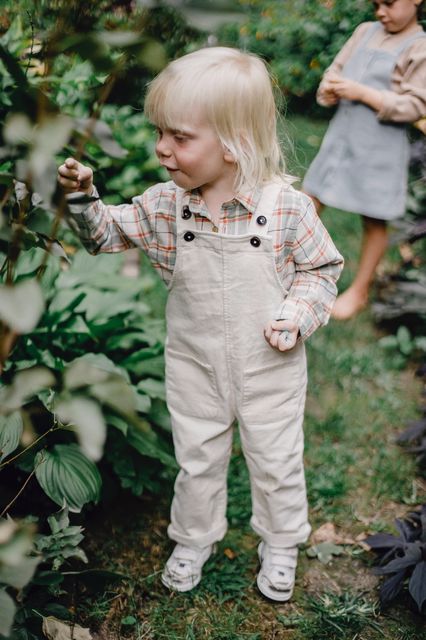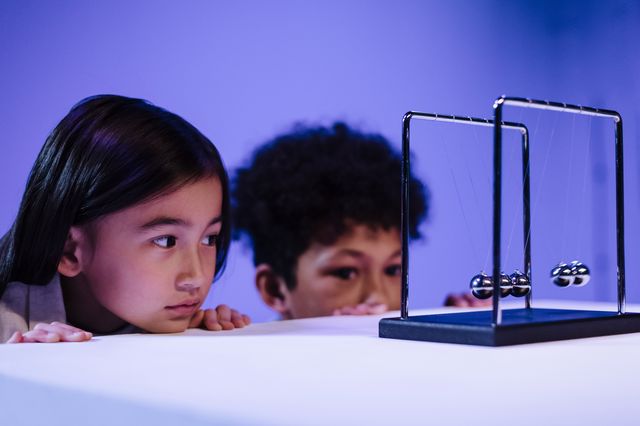
“Wisdom begins in wonder.”
Socrates
When you think about awe and mystery, which I explored in previous posts, it may feel strange to think of them as spiritual practices. Awe and mystery, it seems, are moments that happen to you instead of practices that you do intentionally. But there are ways to bring them into your life that shape and form how you see and experience yourself and the world around you. You can do the same thing with the practice of wonder.
Wonder and awe and mystery share a lot in common.
Neil Armstrong, who had many moments to experience all three as the first man to walk on the moon, once said, “Mystery creates wonder and wonder is the basis of man’s desire to understand.”
Writer Neel Burton describes wonder as “a complex emotion involving elements of surprise, curiosity, contemplation, and joy. It is perhaps best defined as a heightened state of consciousness and emotion brought about by something singularly beautiful, rare, or unexpected—that is, by a marvel.” He adds, “Wonder involves important elements of surprise and curiosity, both of which are forms of interest” (https://www.psychologytoday.com/us/blog/hide-and-seek/201412/study-wonder)
Consider those two elements of wonder. Surprise literally means “overtaken.” When you are surprised, you don’t just encounter a person, a situation, or an idea. You are overtaken by them. In a small or significant way, a surprise stops the routine of your life and asks for your attention.

Curiosity is one way to give your attention to surprise. Curiosity comes from the Latin work, cura, which means to care. The surprise that stops your routine is not an annoyance. It is not something to be anxious about or fear. It is something that you want to know more about or to experience more fully.
It is easy to live life on autopilot. The rhythm of your life becomes a routine. There is nothing wrong with a routine. You don’t want to wake up each morning and have to plan every minute of the day. Who wants a daily to-do list that includes: Get up. Brush teeth. Shower. Eat breakfast. Go to work by this route. And so on. It is good that some things came happen without thinking.
But the rhythm that becomes a routine can also become a rut.
As a spiritual practice, instead waiting for wonder to come to us, we can find ways to seek out wonder. Or we can find the wonder that is there in the routine of life. Burton says, “By drawing us out of ourselves, wonder reconnects us with something much greater than our daily grind. It is the ultimate homecoming, returning us to the world that we came from and were in danger of taking for granted.”
Consider the song by Louis Armstrong, “What a Wonderful World.”
Perhaps you feel a sense of wonder with the song’s simple melody and Armstrong’s distinctive voice. But notice what creates the wonder. The song weaves together power natural phenomena and simple moments of living. There are “trees of green and red roses too,” but they bloom for “me and you.” There are the “colors of the rainbow so pretty in the sky,” and “there are friends shaking hands, saying ‘How do you do?’” What makes the writer speak of a wonderful world is that he sees, he really sees, these beautiful and simple moments.
One of the best ways to develop the spiritual practice of wonder is to learn how to cultivate a beginner’s mind.
This means looking at a situation, even one you’ve experienced a thousand times, through beginner’s eyes. It means looking at a situation you’re placed in as if it is the first time you are seeing it. Zen teacher Shunryu Suzuki, says, “If your mind is empty … it is open to everything. In the beginner’s mind there are many possibilities, but in the expert’s mind there are few” (Zen Mind, Beginner’s Mind).

Writer Maggie Wool says a “a beginner doesn’t have any expectations, preconceived notions, or past experiences to limit their view of a situation. Beginners also have curiosity towards something new and are open and eager to learn. This means that a beginner has access to a world of possibilities. When they try something new there are no existing expectations to limit their mindset about what could (and should) happen. Having a beginner’s mind means developing this mindset even when you already know something or have lots of experience with a topic” (https://www.betterup.com/blog/beginners-mind).
What are some ways to develop the practice of wonder and a beginner’s mind?
**Begin with ordinary tasks you do every day.
Go back to all of those daily activities that you do on autopilot: Get up. Brush teeth. Shower. Eat breakfast. Go to work by this route. And so on. Pick one of those activities and do them like you are doing them for the first time. One way to help with this is to slow down. Do the activity more slowly, really being present to everything that is happening, the senses and the movements.
**Stop labeling things so you can experience them.
Several years ago, I was leading a group in a mindfulness of sound practice. I invited them to simple listen and be present to the sounds they heard. When the practice was over, I asked them to describe what they experienced. Many of them began to list the sounds they heard: a bird chirping, a train horn, people laughing as they walked by. When I asked them what they did after they had named the sound, they said they went on to the next one.
I invited them to do the exercise again, but this time, instead of giving the sound a name, listen to the sound itself. The experience was completely different. They spoke of hearing the textures of sound in a train horn or a bird chirping.
As you go through the day, watch how your mind labels objects, situations, or persons. Set the label aside and experience what is before you without the label. This is especially important with people, including yourself. Democrat/Republican. Christian/Muslim. Father/mother. Supervisor/boss. Be aware of how your thinking about this person/yourself is shaped by the labels. Be aware of how your experience changes when you look without the label.

**Practice mindful observation.
You can do with sight what we talked about doing with sound earlier. Spend some time gazing at an object for a period of time. Take a pen, for example. Take away the name you have for this object in your hand. If you didn’t know what it was and how it was used, how would you experience it? Notice its shape, texture, and color without any judgment or evaluation. If you do this long enough, the object may seem almost foreign to you, which will lead to a sense of curiosity.
**Practice wonder in your spiritual/religious journey.
One of the places where our rhythm can become a routine, and then a rut, is our religious or spiritual lives. What would it be like to enter into a weekly worship experience with a sense of wonder, like you have never been there before? It could make the time more than going through the motions. What would it be like to read a story from scripture with a beginner’s mind, encountering it for the first time? Instead of looking for a lesson or insight, you could encounter the characters or the words in a more inviting way.
Wonder can be a powerful spiritual practice. Wonder can make you feel smaller. Feeling smaller is different that feeling insignificant or unimportant. We can acknowledge the idea that we are piece of a greater whole. Practicing wonder can give us a chance to experience that in a way that changes the way we are present in the world.

Well this comes at an interesting time. I meditate regularly and being so sick this week, I didn’t meditate at all. I realized that my meditation had become a “routine” with the mindset of “Oh, I need to go meditate.” There wasn’t much joy or anticipation or even emotion of any kind around it. The week off felt like a holiday from it. So, I guess I need to re-vamp the process and look at it another way. I once read a quote that said something like, “You need to create a life that is so meaningful that you don’t NEED a vacation from it.” Nothing against a good vacation, but I do believe so many of us can get so caught in that rut that we can cling to those moments when we get to escape it.
Hey sis,
I love your description of how something as meaningful and powerful as meditation can become a routine. Speaks to the importance of being intentional about the practice of wonder…not just waiting for it to come to you.